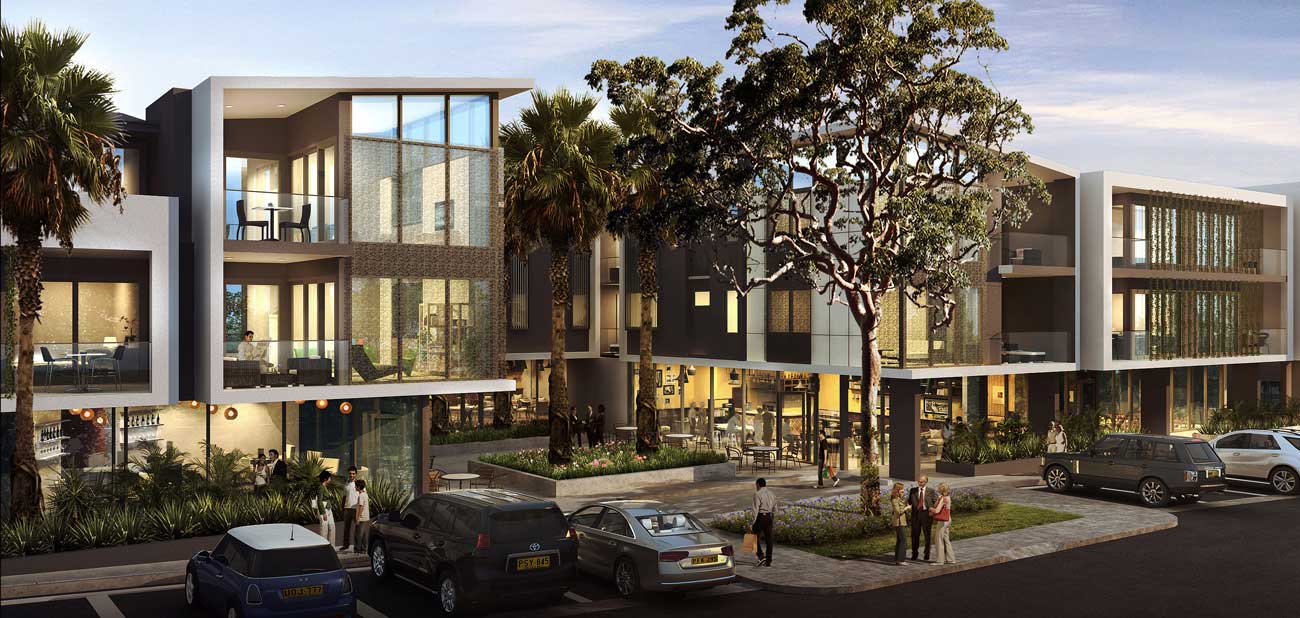If you’re interested in becoming a residential property developer in Sydney, then you’re in luck! Residential property developers have had wonderful careers in the city of Sydney thanks to its booming population, high rate of income and high level of desirability. Though investors usually get a reputation for earning huge profits, property developers are the real winners because their profits are garnered from the wholesale end.
If you’re not interested in becoming a property developer and are wondering why anyone would choose that as a career path, then we may be able to convince you. Though the risk is significant and capital is a major hurdle to overcome, the benefits of being a residential property developer are undeniable. Here are some of them.
- Tax benefits
- Owning properties gives you the opportunity to utilise depreciation allowances which translates into a great after-tax return.
- Profits
- Though this is the most obvious benefit, it’s still worth mentioning. At the right time, you can make significant profits with the right property in the right location.
- High rental return
- Tenants always pay retail rents while you did not purchase the building at retail price. This means that your rent yield will be significantly higher, enabling you to accumulate more profits.
- Security
- If selected correctly, property development can be quite a safe job. You can always benefit from real estate in a prime position, thereby bolstering your income.
These are just a few benefits of becoming a residential property developer, it certainly is not an exhaustive list. However, to acquire these benefits you must first become a residential property developer. It’s not as simple as walking into an office and asking for a job, there are a few steps to becoming a successful developer. Let’s take a look at them.
Get the right qualifications
Unlike most jobs, a residential property developer does not require any formal qualifications. However, a comprehensive understanding of business, the real estate industry and properties are recommended along with practical skills. Undertake a degree in either field. We recommend a Certificate IV in Property Services (Real Estate) (CPP40307) or a Bachelor of Property and Real Estate. Other relevant subjects to study can include civil engineering, business administration, marketing and management. Formal education and qualifications aside, it is recommended that you have the following qualities, skills and traits.
- Excellent communication, negotiation, presentation and marketing skills
- Leadership skills
- Ability to work alone and without direction
- Analytical skills
Along with education and qualifications, these skills can propel you into the real estate world. Arguably, they are more important than qualifications as some cannot be learned and can make or break a deal.
Understand the process
Understanding the process is key in knowing how to navigate the industry. The process can differ depending on your country, state and even council. It will determine how you develop, your timeline and what constraints and guidelines you will have to follow. Before you purchase, familiarise yourself with this information from the council that you are interested in to ensure that it suits your needs and will result in a profit for you. Remember that your first location will largely be determined by your budget and it may very well be something that you currently possess whether it be through inheritance or your family home. However, understand that this is only your first project, bigger things will come later. Here is a brief overview of what the general property development process looks like.
- Pre-purchase stage
- Negotiating contracts and purchasing
- Town planning and development approval
- Working drawing and documentation
- Pre-construction
- Construction
- Completion
Conduct your research
Research is part of what makes you successful in the property development industry. No one is going to educate you on the research, not even if you have formal qualifications. Variables like the markets, demographics, socioeconomic trends and government policies are all things that change on a day-to-day basis. You will have to develop a method for tracking them and understand the significance of each variable and what it can mean for your property development choices. It is understandable if you think this sounds like a lot or is overwhelming. It is. However, well-educated decisions are what makes this industry rewarding and, what determines who is a successful residential property developer.
Build up your capital
Becoming a property developer requires capital. Don’t be afraid to start small, many first-time residential property developers do as well. Your first or even second project is not going to be a multi-storey level apartment block, you’ll soon work your way up to that. You must remember to save the profits earned from your first project and aim for high rental returns–this is the only way to build up your capital and progress in the field.
If you’re interested in becoming a residential property developer, then Sydney is the perfect place to be. Home to many of the world’s top locations, a booming population and excellent property development companies, you’re sure to find a company to benefit from your skills.
















